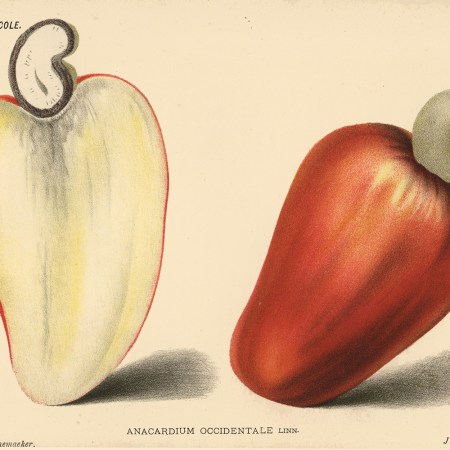New research shows that chronic traumatic encephalopathy (CTE) can start early and without any signs of concussion, according to CNN. The disease, which is a lot like Alzheimer’s, has been most commonly associated with former professional football players, but other cases have been seen in military veterans, many of whom have been exposed to roadside bombs and other types of military blasts. Researchers evaluated the brains of four deceased athletes, all ages 17 or 18. All four had died within a day to four months of receiving some sort of sports-related head injury and had a history of playing football. In all four brains, there were already changes to the brain that could be indicators of CTE. These changes included leaky blood vessels and abnormal buildups of the protein tau. Researchers did say that while it seems likely that the recent head injuries could be the source of the brain changes, they cannot prove it. Lee Goldstein, one of the many authors on the study, and his colleagues mimicked the experience of the human brains in mouse models by exposing mice to repeated head trauma like that in football and single blast head trauma, similar to military combat. The researchers found similar pathologies in both the mouse and the human brain, reports CNN, regardless of the type of blast exposure they experienced.
“I think [this research] really reinforces, as we have suspected, [the idea] that it’s not concussion per se, it’s the exposure to multiple head impacts,” said Dr. Julian Bailes, the director of neurosurgery and co-director of NorthShore University HealthSystem Neurological Institute, who was not involved in the study, according to CNN.
Whether you’re looking to get into shape, or just get out of a funk, The Charge has got you covered. Sign up for our new wellness newsletter today.


















